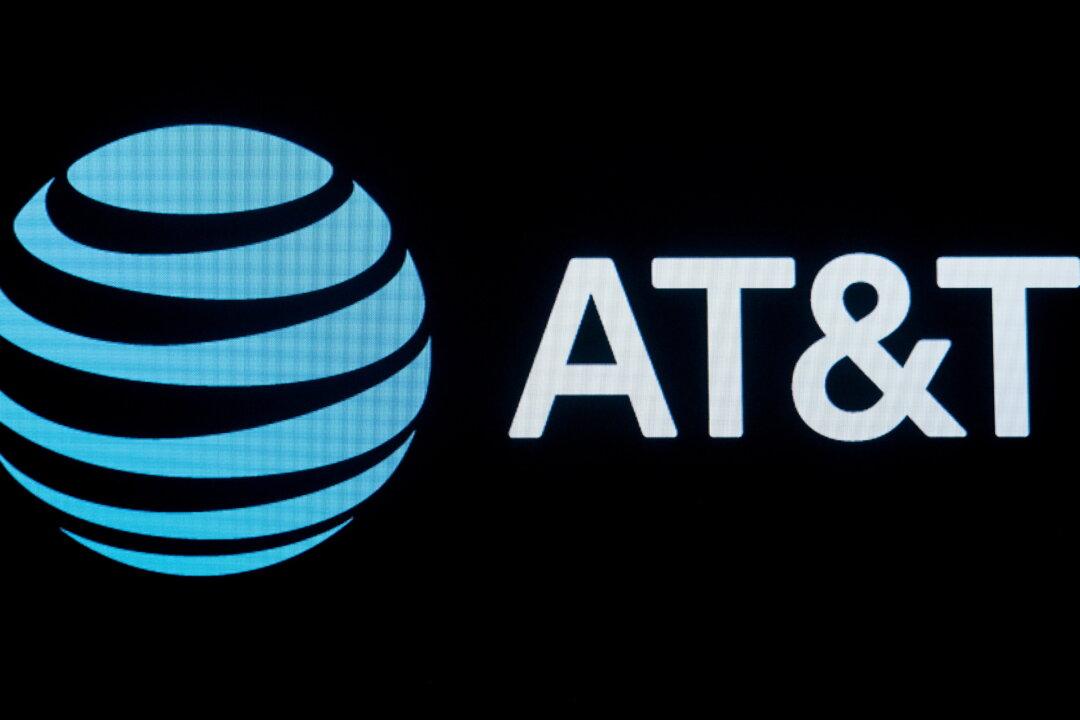AT&T, owner of HBO and Warner Bros studios, and Discovery, home to lifestyle TV networks such as HGTV and TLC, said on Monday they will combine their content assets to create a standalone global entertainment and media business.
Discovery President and Chief Executive David Zaslav will lead the proposed new company, which brings together one of Hollywood’s most powerful studios, including the Harry Potter and Batman franchises, and Discovery’s stable of unscripted home, cooking and nature and science shows.





